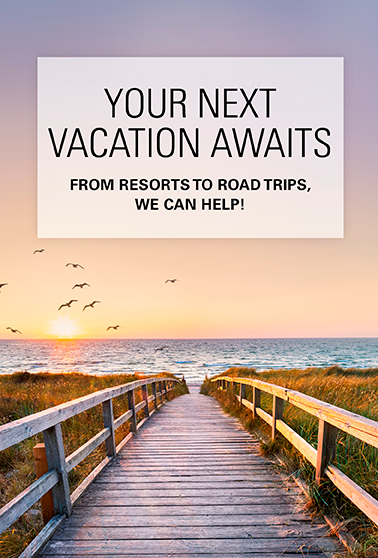New Quarantine Project? Learn a Language
After I almost collided with a pack of cyclists focused on their morning commute, my Berlin bike guide said it was a good thing I did not understand the German curses flying my way. Agreed. But in most cases, knowing key words and phrases in the language of the place you are visiting is a good idea. “Making an effort to learn local phrases shows a traveler’s effort to be open and shows respect for other people’s language and culture,” says Laada Bilaniuk, an anthropology professor at the University of Washington in Seattle, “It breaks the stereotype of English speakers acting like they are entitled to be spoken to in English everywhere, which is sometimes resented.” Taking some time to study the local lingo can not only change the way other people see you, it can change the way you see the world. “People may in turn treat you with more openness and warmth,” says Bilaniuk, “And once you know and start recognizing words that you hear around you — such as greetings, thanks and numbers — it can make you feel like you are getting to see a whole other dimension of life.”
Get the Basics
Key words and phrases in the local language take up no space in a suitcase but are handy tools to help save time, money and, perhaps, your life out on the road. Even in places, such as Paris or Amsterdam, where many locals speak English. If you can ask for directions in another language, you might feel confident taking the bus or the train instead of a taxi. Knowing how to how to ask for the location of the bathroom (and the words for “men” and “women” in the local language) give you and your bladder freedom to roam. And recognizing the words for “Danger,” “Poison” and “Do Not Enter” can keep you out of trouble.
Language Resources
When you are ready to start learning a language or some phrases that will come in handy when you can travel again, you may find lots of resources online. Many language websites and smartphone apps are free, while some are available in both free and paid (premium) versions. Your library may even have a subscription to some paid services. YouTube is a good starting point. “Before I went to Sicily a few years ago, I searched for ‘Italian lessons’ on YouTube and found lots of free lessons available,” says life coach and cultural adventurer Cathy Raines, of Washington, D.C. She started by learning “I want,” “Where is?” and a few nouns. International educator Jessie Voigts favors apps Duolingo and Mango when she needs to learn important phrases for her travels. Other language websites and apps include Babbel, Mondly, Busuu and HelloTalk, which connects learners with native speakers. “I also create a cheat sheet of words and phrases I may need and keep it on my phone,” says Voigts, “So I can study while waiting in lines.” And then there’s Google Translate, which translates and identifies written and spoken words and, using your smartphone’s camera, objects. Although it is not technically a language instruction program, having the app on your smartphone makes it easier to find the right words and phrases in the local language. “It’s not super accurate for Burmese,” says Joanne Lauterjung, a peacebuilding adviser living in Yangon, Myanmar, “But it helped me in Myanmar, Vietnam, Italy, Portugal and Spain.”
– Written by Harriet Baskas









